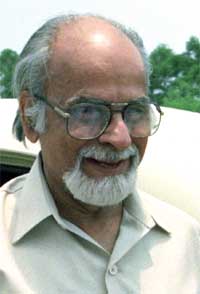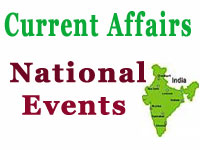
Suggestions and Guidelines For Preparing Public Administration
“If a person works hard towards his goal, then the whole Universe conspires to help him” – Paulo Coelho (‘The Alchemist’)
Performance of Public Administration in CSE 2010
As per the recent trend suggests, Public Administration is
the optional subject with maximum number of successes in the Civil Services
Examination. The last three IAS toppers- Shubhra Saxena (AIR 1, CSE 2008); Shah
Faesal (AIR 1, CSE 2009) and now, S Divyadharshini (AIR 1, CSE 2010) has made
the Public Administration as one of their optional.
Look at top 25 and you will find 16 candidates having
Public Administration as one optional in year 2010.
S Divyadharshini (AIR 1, CSE 2010), Sweta Mohanty (AIR 2, CSE
2010), R V Vinay Kumar (AIR 3, CSE 2010), Pulkit Khare (AIR 5, CSE 2010), Ravi
Dhawan (AIR 6, CSE 2010), M Arvind (AIR 8, CSE 2010), Amit Kharti (AIR 11, CSE
2010), K V N Chakradhara Babu (AIR 12, CSE 2010), Anirudh Sravan P (AIR 13, CSE
2010), Vinay Pratap Singh (AIR 14, CSE 2010), Shruti (AIR 16, CSE 2010), Sindhu
B (AIR 17, CSE 2010), Pommala Sunil Kumar (AIR 18, CSE 2010), Gokul G R (AIR 19,
CSE 2010), Hephsiba Rani Korlapati (AIR 20, CSE 2010) and K Vijayakarthikeyan
(AIR 22, CSE 2010) are others among top 25 successful candidates who achieved
success with Public Administration as one optional Subject.
The relevance of Public Administration can also be
conceived in the context of three sections of newly added CSAT -Preliminary
Examination:

 These
principles are:
These
principles are:




